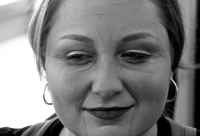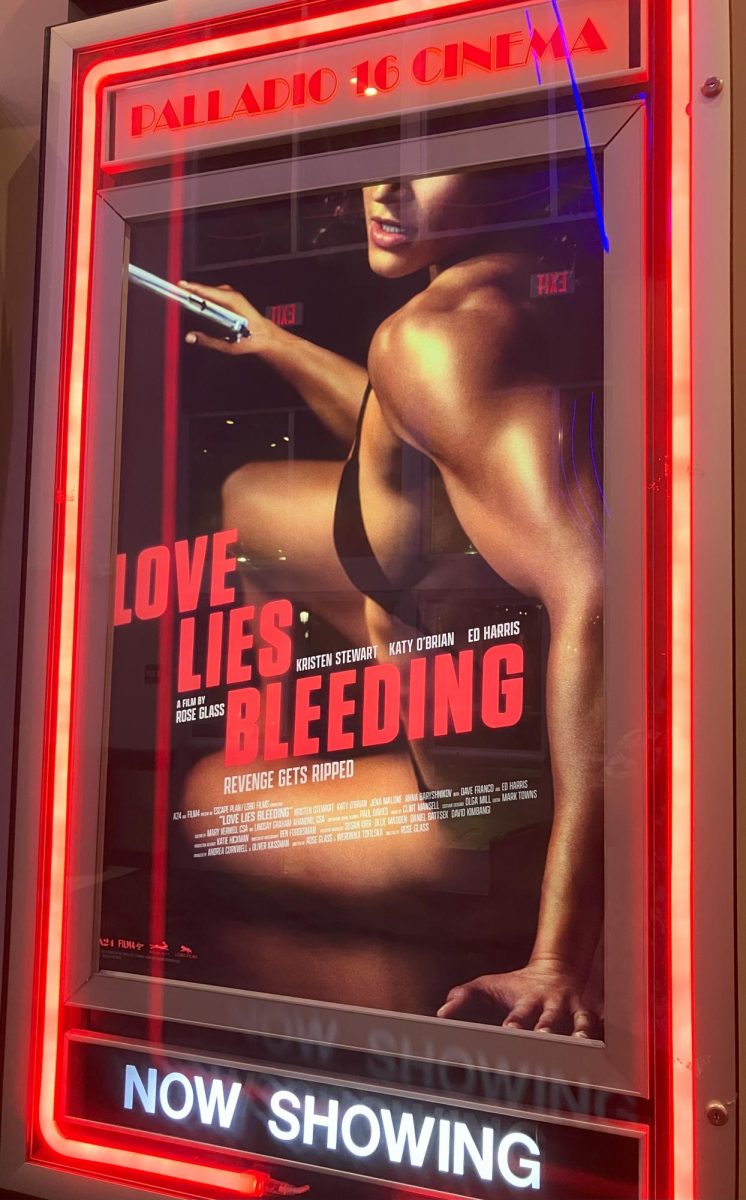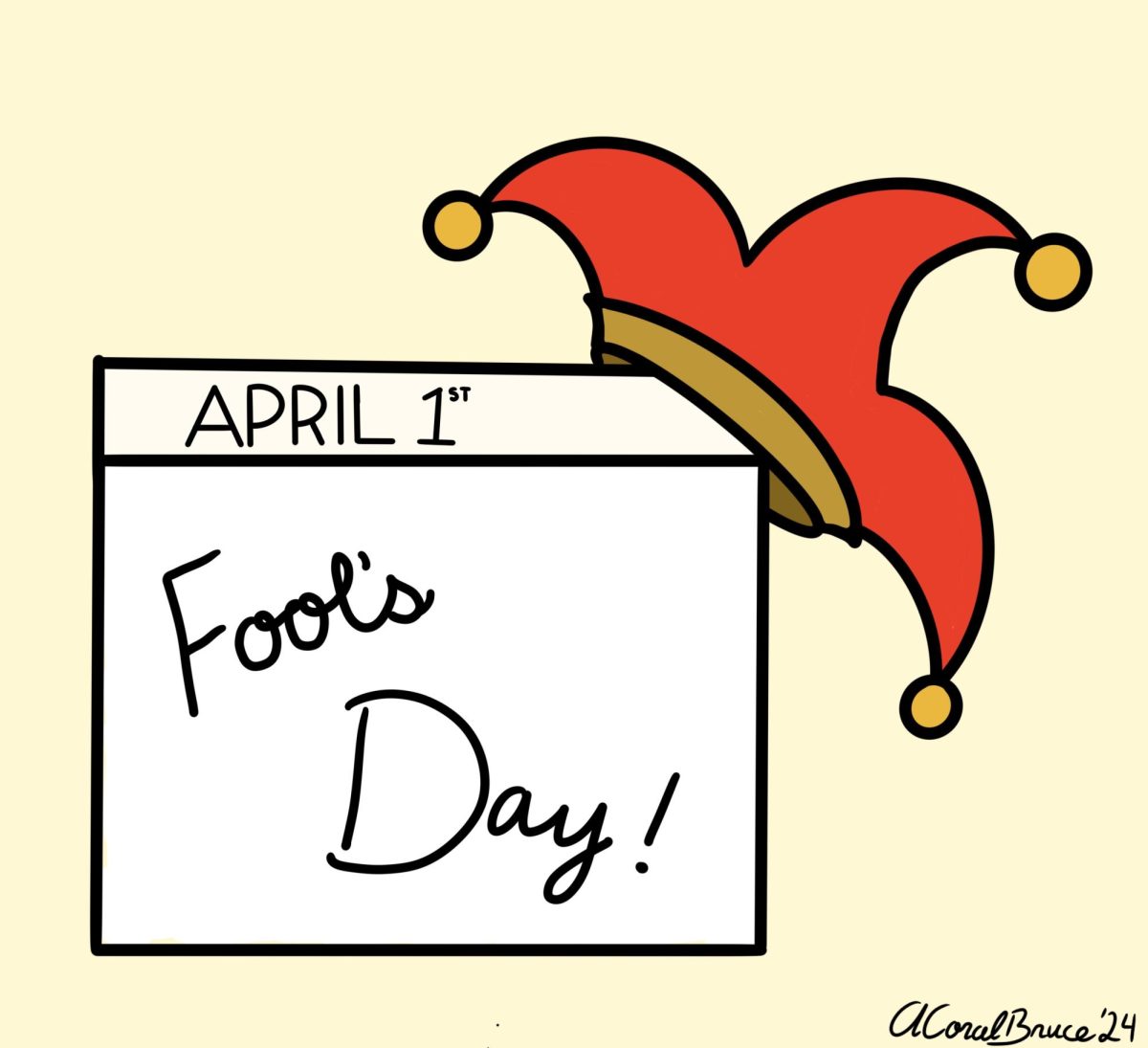
Claire Oliver
Arts/ent/ops editor
Senior Marcia Willard is lending her cosmetic talents to the Linfield Department of Theatre and Communication Arts, adding another layer of creativity to every production.
“It’s something I’ve always wanted to do,” Willard said. “(When I was young), I always played around with my mom’s makeup.”
Aside from this experimentation, Willard didn’t receive any formal training until she took a stage makeup class her sophomore year at Linfield.
“The class is meant to get students familiar with the tools of the trade,” Ty Marshall, professor of theatre and communication arts and former instructor of the course, said.
Through a series of hands-on projects, Marshall said students learn the basics of stage makeup and how it works in relation to other aspects of a show.
Willard enjoyed this experience so much she began designing makeup for theater productions and has worked on several since then.
“They were excited to have someone take that on,” she said.
Willard, a theatre arts minor, is currently working with the cast of “Crave.” She did the makeup for “The Learned Ladies” last fall and plans to work on “Bleacher Bums” this spring.
Those Willard has worked with said they have not been disappointed, and though each production calls for different requirements, Willard’s finishing touches are always a positive addition.
“She helps finish up a (character’s) look and silhouette with a great deal of expertise and hard work,” Marshall said.
Willard said one of the aspects of stage makeup that interests her most is detail and how it adds to the quality of a production.
“I like the fact that it adds that extra touch,” she said.
Willard said actors do a lot to portray a character, but makeup takes it a step further.
While much of her design is influenced by the ideas of the director and costume designer, considerations must also be made for the lighting, the script and the theater itself.
She said the different types of staging require different makeup techniques.
An arena setup provides an up-close-and-personal feel and calls for more subtle makeup.
Though Willard found the basics she learned in the Stage Makeup class invaluable, she said the practical application of these techniques while working with the theater has brought the most noticeable progress.
“(During) my first production I didn’t know what I was doing,” Willard said. “Now it’s nice to be able to read a script and see where it’s going.”
She said the audience reaction has also provided a sense of gratification. Willard was proud when children in an audience believed the college actors behind her self-designed makeup and prosthetics were actually elderly.
After she graduates in the spring, Willard said she hopes to continue working with stage makeup. She is currently looking for a summer internship in the field.
How-to tips from Marcia:
•Find a foundation that matches a person’s entire skin tone. It’s harder than you think.
•Apply eyeliner to emphasize the eyes, otherwise they will get lost under the lights.
•Highlight the tops of cheeks and put shadow on the bottoms to show contours, and the same with the jaw. Shading can also be used to make the nose wider or narrower.
•Make sure things look natural. Stand a couple of feet back from the mirror and assess everything, making sure it all ties together.







Roberta Michaels • Mar 2, 2008 at 5:44 pm
A friend of mine has theater background and would like to learn how to apply makeup for the theater in the Portland metro area. Do you know where she can take classes?